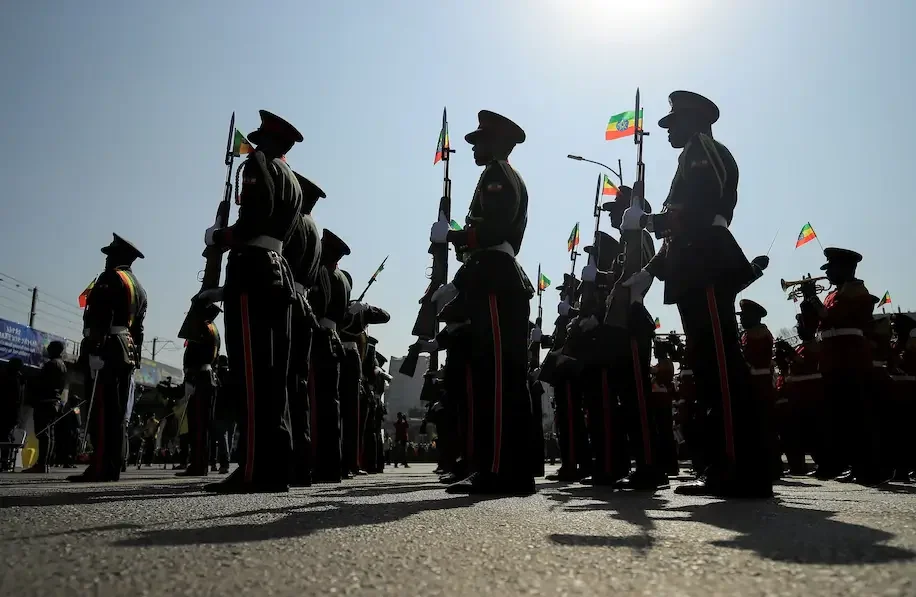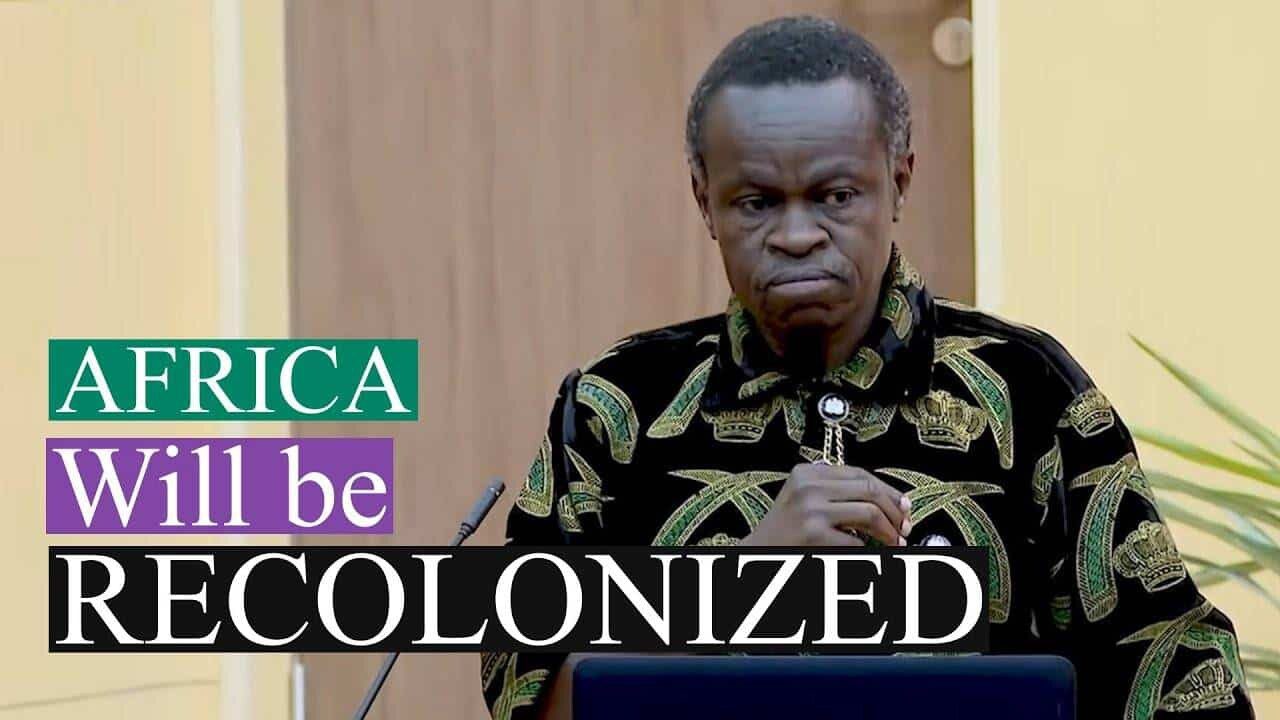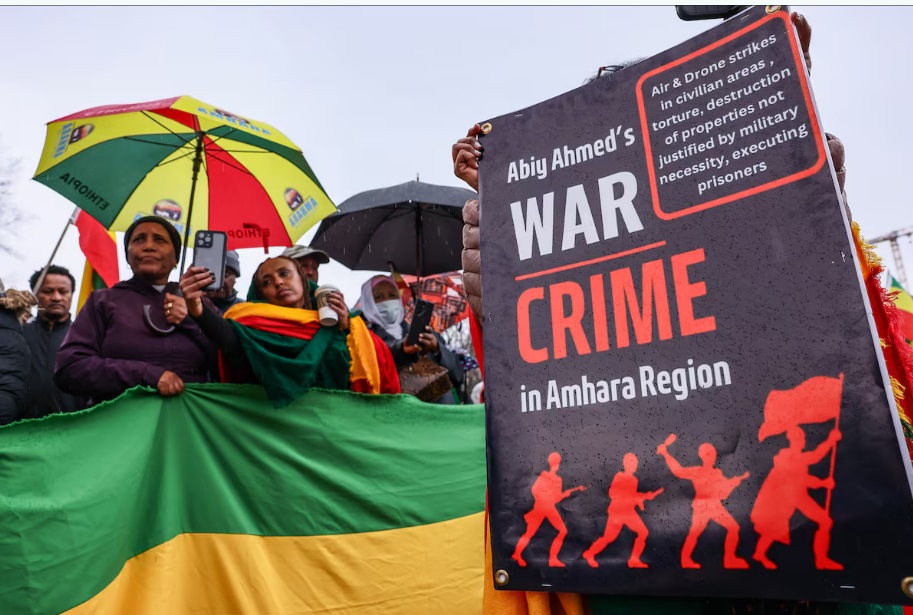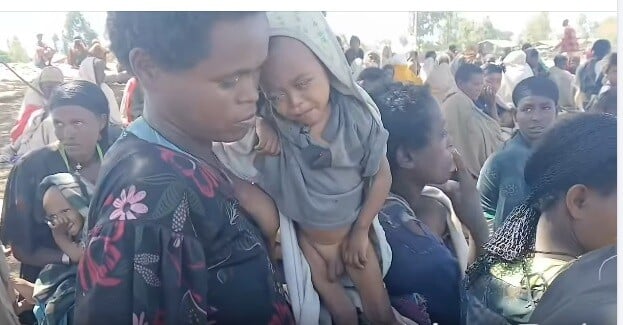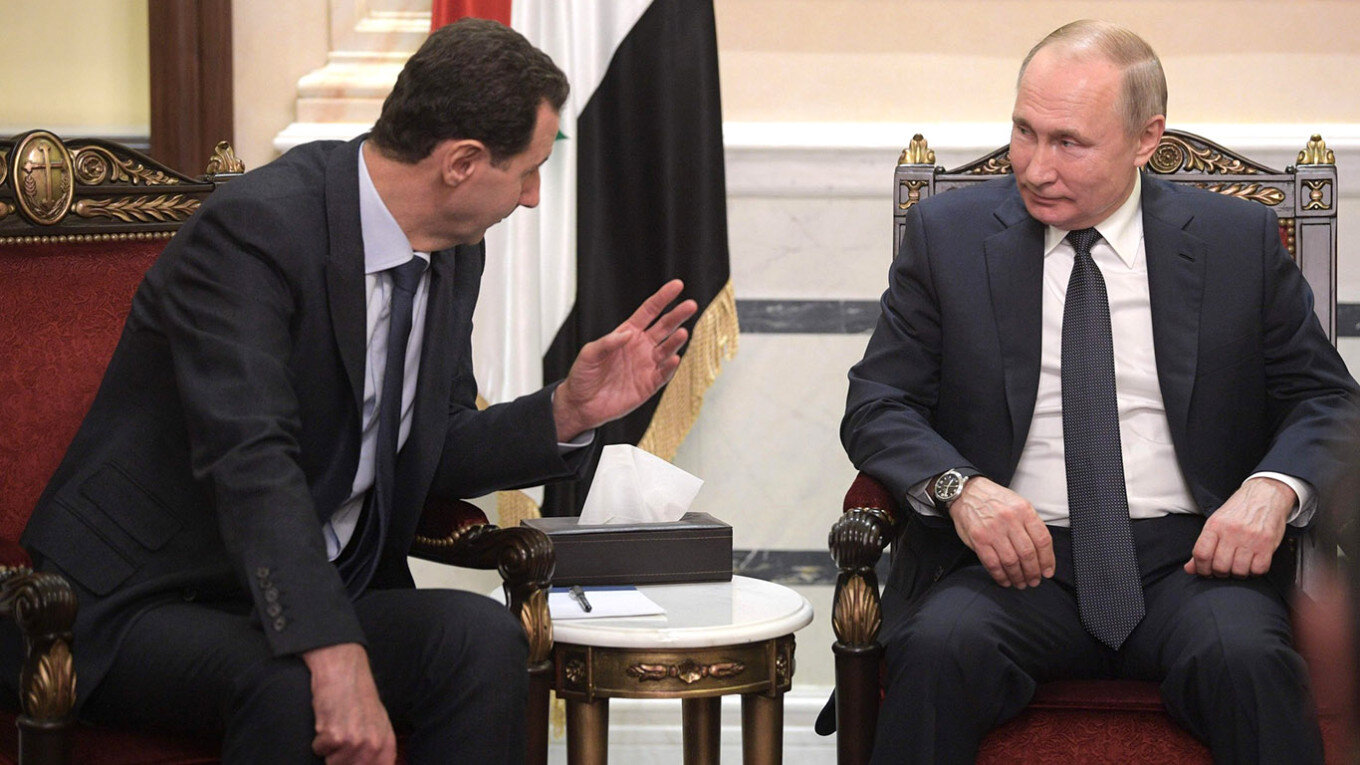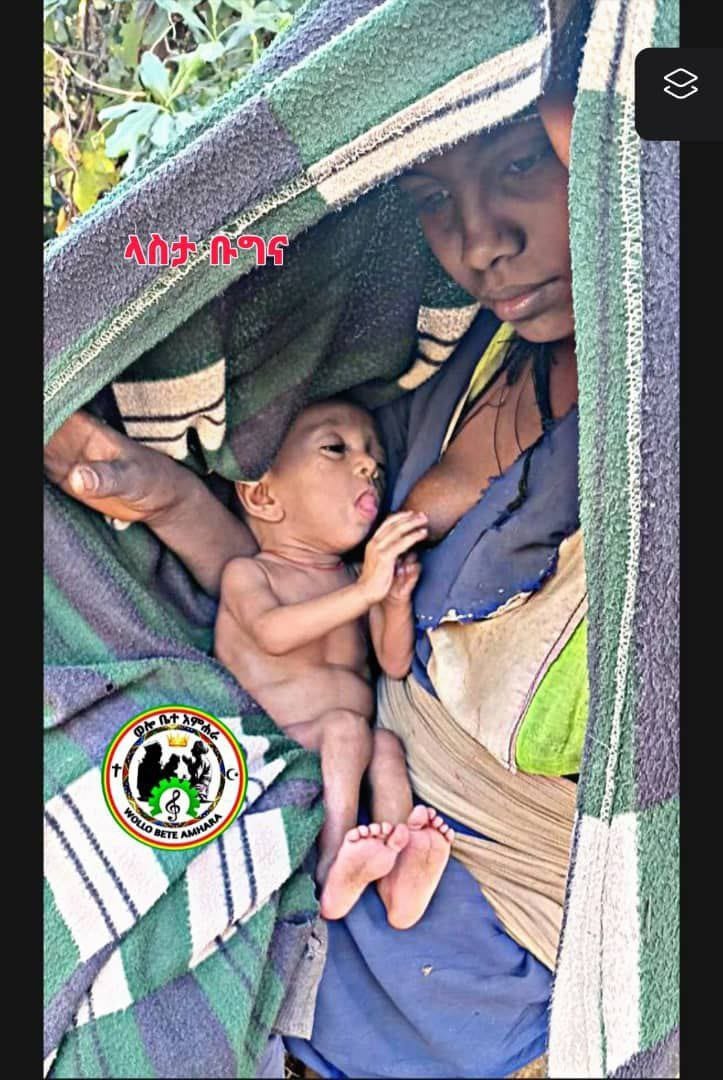“Eritrea’s destabilizing presence in Ethiopia is prolonging the conflict, posing a significant obstacle to a cessation of hostilities, and threatening the integrity of the Ethiopian state,” Secretary of State Antony Blinken said in a statement.
Blinken said there were credible accounts that Eritrean forces, like other parties involved, had committed violations of human rights in a conflict involving Ethiopia’s northern Tigray region. “Eritrean forces should immediately withdraw from Ethiopia,” he said.
Since last year, the government of Ethiopian Prime Minister Abiy Ahmed has been battling an armed political faction in Tigray that dominated the country for much of the past three decades and now demands greater autonomy. Eritrea entered the conflict on the side of Ahmed’s government.
The U.S. measures follow other punitive steps unveiled by the Biden administration in response to the worsening situation, which has choked off aid supplies to needy Ethiopians and raised concerns about instability spilling into East Africa. The State Department has urged Americans to leave Ethiopia immediately.
In an executive order issued in September, President Biden warned of sanctions against parties involved in the fighting. Earlier this month, the White House announced that it would suspend trade benefits for Ethiopia over human rights violations.
The sanctions on Eritrea are unlikely to have immediate consequences for the war in northern Ethiopia, as Eritrean troops once heavily involved in the fighting have largely withdrawn to Eritrea and to slivers of border areas remaining under their control, according to multiple diplomats with whom The Washington Post spoke last week.
The Eritrean government is under extensive sanctions and is largely blocked from the Western banking system and lending institutions. Eritrean government spokesman Yemane Gebremeskel did not immediately respond to a request for comment.
Eritrea entered the war in northern Ethiopia at its outset in November 2020. In 2019, Abiy and Eritrean President Isaias Afwerki signed a historic peace accord after decades of hostility stemming from a 1998 war in which tens of thousands died.
That war left bitter animosity between Eritrea and the Tigray People’s Liberation Front, which was Ethiopia’s most prominent political force at the time. The TPLF is now the main group fighting Abiy’s government, and Eritrea is widely seen as having joined the fight to exact revenge on the TPLF.
Last week, the first U.N.-led investigation into possible war crimes committed during the fighting was released, and many of the worst atrocities were attributed to Eritrean troops.
The report, which was co-written with Ethiopia’s state-appointed human rights commission, said Eritrean soldiers committed dozens of rapes and mutilations, and kidnapped thousands of Eritrean refugees from Ethiopia and took them back to Eritrea, which they had fled to escape the country’s draconian military service and widespread political persecution.
Although the report indicates that Eritrean soldiers committed war crimes and potentially crimes against humanity, Eritrea is not party to the International Criminal Court, and an alternative justice mechanism would have to be created specifically to prosecute such crimes.
In previous statements, the Eritrean government spokesman has dismissed the possibility of Eritrea’s cooperating with such a mechanism.

